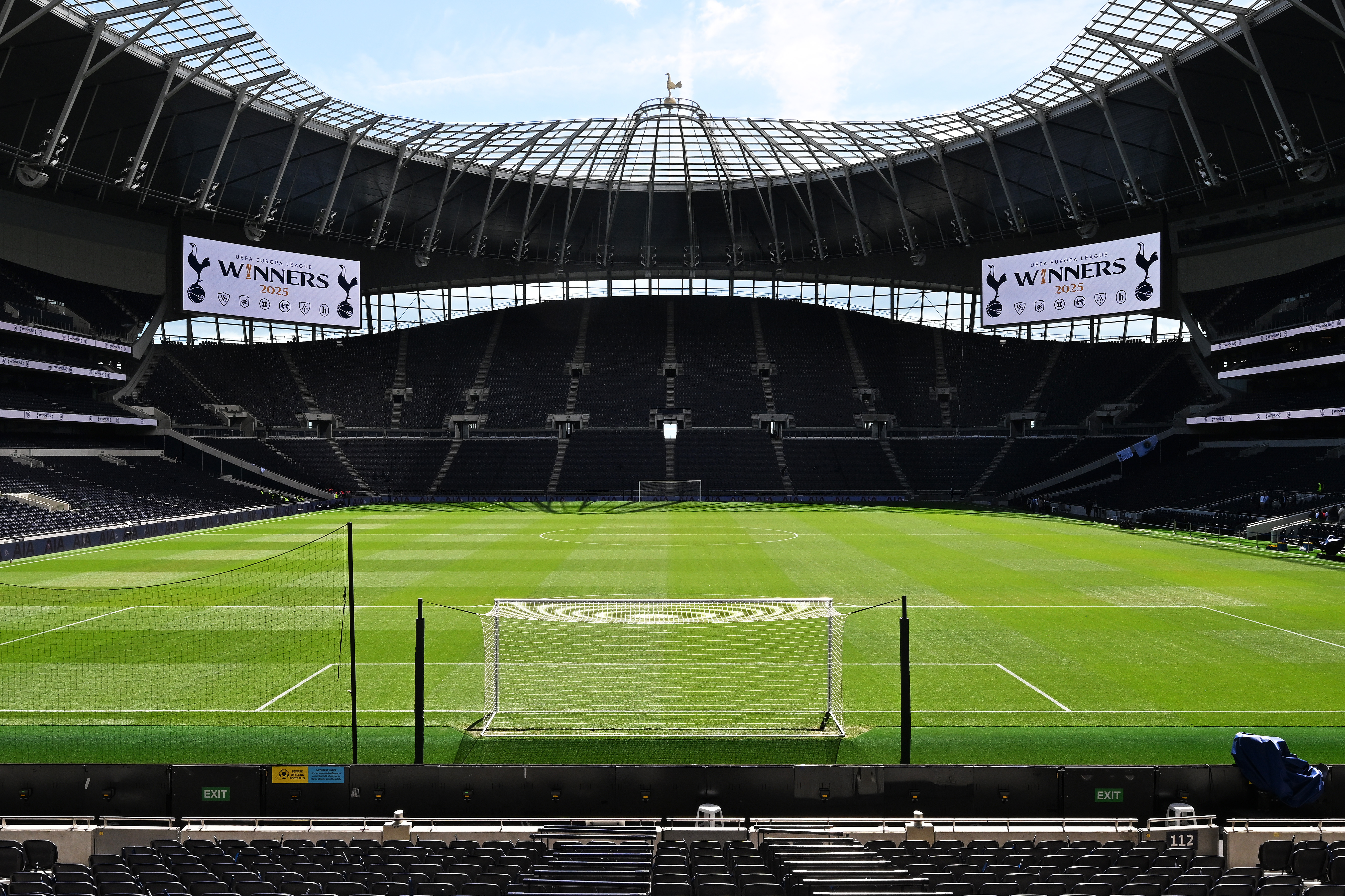FPL 2025-26: What is Fantasy Premier League and how does it work?
Our Fantasy Premier League 'Guide for Beginners' should give you all the necessary details you need to know to excel at this season's FPL game
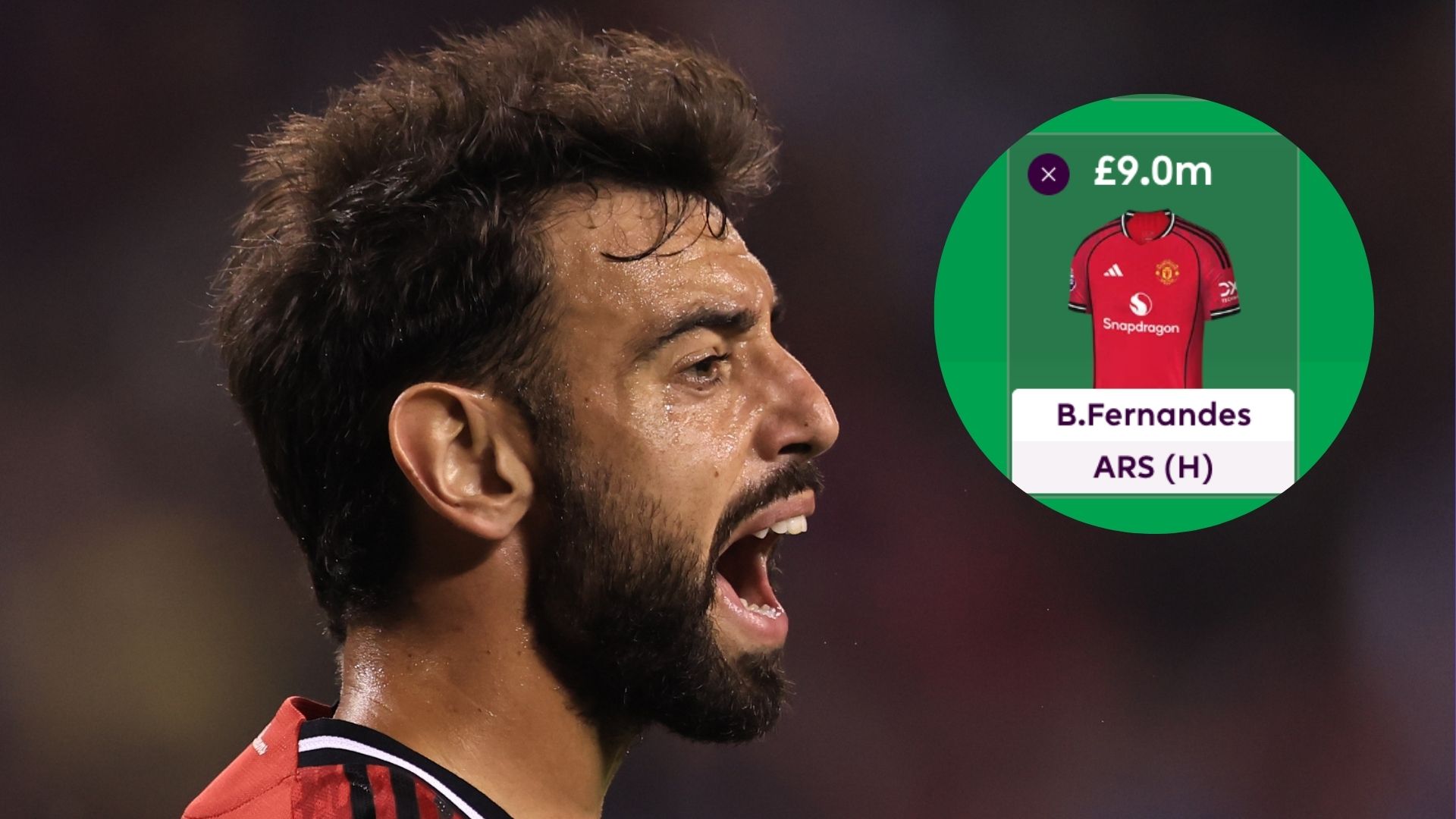
Whether you call it Fantasy, Fantasy Premier League or simply FPL, the game is back for another season. You've been invited to participate in a Fantasy Football league with your mates or colleagues, but you have absolutely no idea what it is or how it works.
You're reluctant to ask because, frankly, you've already talked up your chances of clinching the title and now you're desperately trying to find out what it is you've signed up for…
Look no further, FourFourTwo is here to help. We can't claim to be chess grandmaster Magnus Carlsen but we do know how to play the game. Let's get down to business – in no time you'll be fluent in the FPL vernacular, use of 'chips', 'wildcards' and 'double gameweeks'. Once you've finished this easy how-to guide, check out how to get ahead in your league early on.
N.B. this explanation is based on the official Fantasy Premier League website version of the game. Other websites exist and may have slightly different rules, so be sure to check which version you are playing and adapt these lessons accordingly.
1. What is Fantasy Premier League (FPL)?
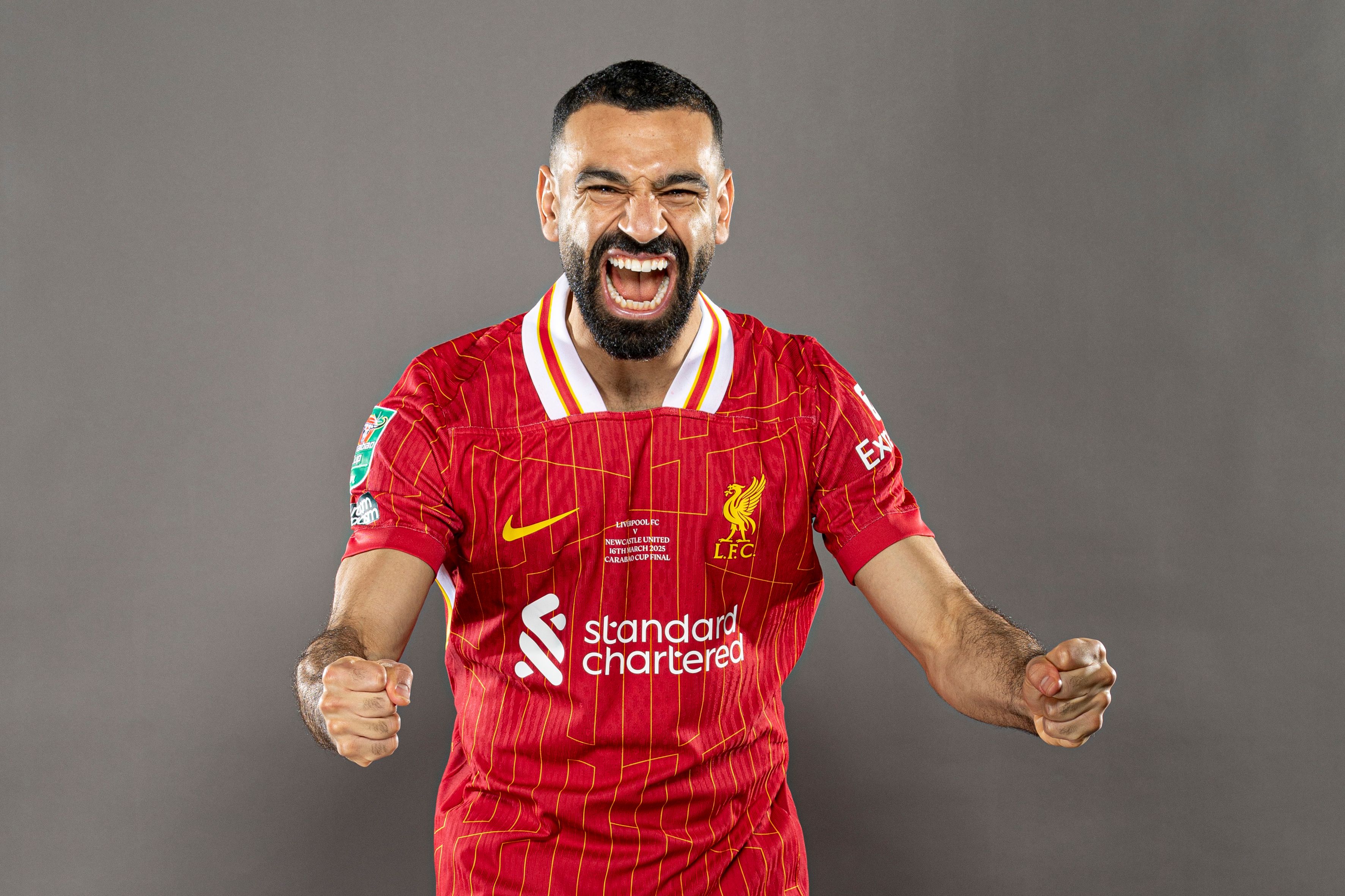
Fantasy Premier League is an online game in which players collect points based on how real-life footballers perform each week. Simply put: you select your virtual team of Premier League footballers, and if their real-life counterparts do well, you get points.
If you have Mo Salah in your FPL team and he scores for Liverpool, which he tends to do, you'll earn points. Simple. Similarly, if you have Nick Pope as your goalkeeper and Newcastle United don't concede, you will be duly rewarded for having the foresight to pick the Magpies' stopper.
As these examples illustrate, your team must consist of all the necessary positions, just like a real team – you can’t just fill it with 11 strikers, or a team of Roy Keanes to kick lumps out of the opposition. You're going to need two goalkeepers, five defenders, five midfielders, and three forwards.
The best features, fun and footballing quizzes, straight to your inbox every week.
2. How do the points work?
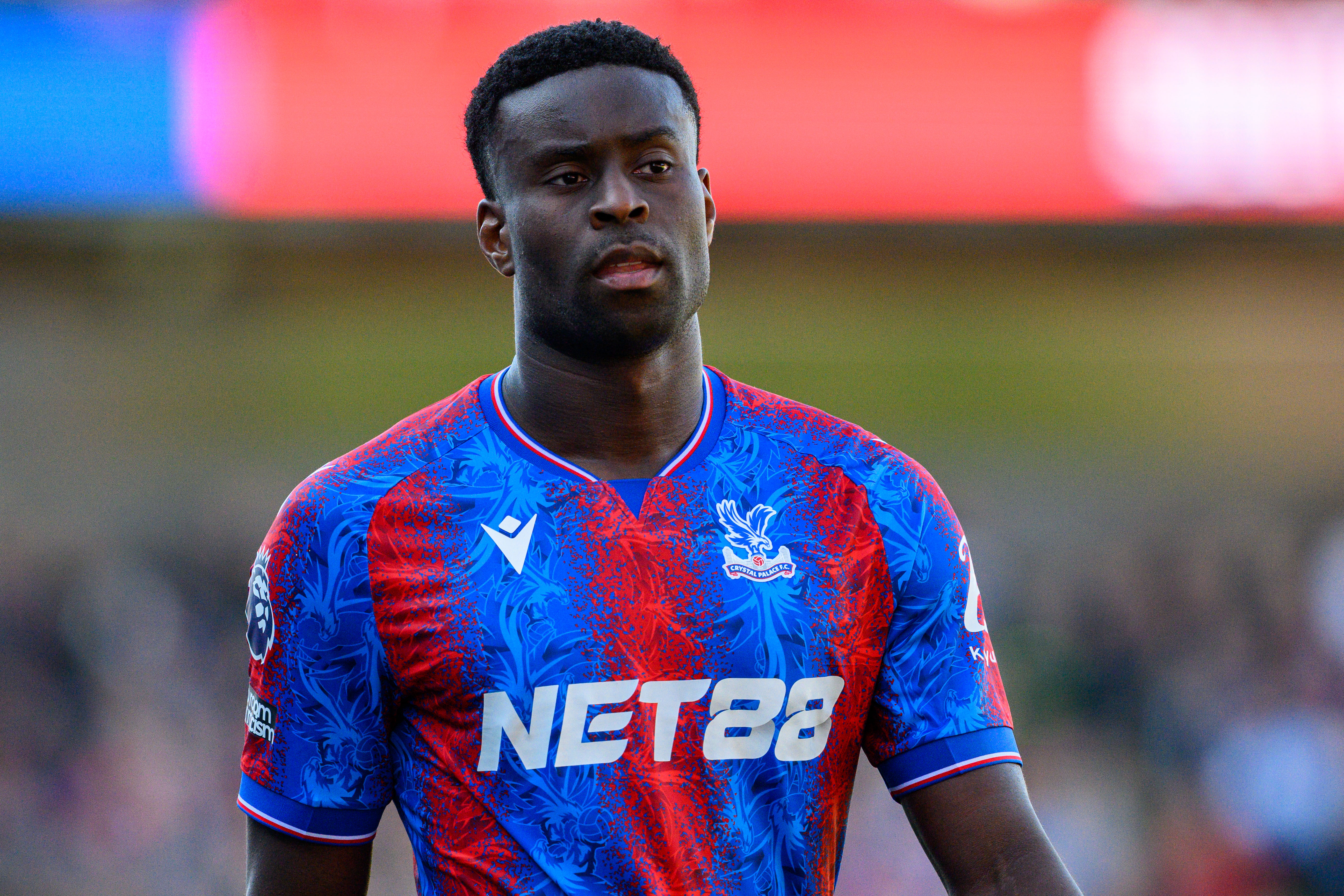
Each position on the field has a unique scoring system. Goalkeepers and defenders earn points for saving penalties (five points) or, more often than stops from 12 yards, keeping a clean sheet (four points). Midfielders get their points for assists (three points) and forwards for scoring goals (four points) and vice versa. Defenders and goalkeepers can also earn assist points, but they tend to be less frequent occurrences.
Players are able to accumulate points for various actions depending on their position, and it's important to know how much each action is worth. For example, a defender who scores a goal earns six points, while a forward earns four points for the same action. Midfielders also earn points for defensive actions, getting one point if their team keeps a clean sheet.
You didn't think it would be all reward and no risk, did you? Players can lose points for negative actions such as red cards (-3 points) or missing a penalty (-2 points). Your captain earns double points each week, so pick them carefully and don't forget to update your XI before the first fixture of the gameweek. For example, if your captain scores, they'll bag eight points, rather than four. If your captain doesn't make an appearance, your vice-captain takes over and will instead pick up double points.
The two most-expensive players in the game 💸Who will score more points in 2025/26 out of Mo Salah and Erling Haaland? 🆚#FPL pic.twitter.com/8Z7NF2yTLyJuly 29, 2025
New for 2025-26, defensive contributions by outfield players will also be rewarded. Tackles, interceptions, blocks and clearances are useful stats in modern-day football, which is reflected in changes to the game for the new season.
Per the Premier League's website: "Any defender who reaches a combined total of 10 clearances, blocks, interceptions and tackles (CBIT) in a single match will score two FPL points."
Ball recoveries also count for midfielders and forwards, who need to rack up 12 CBITs to be awarded a further two points.
3. Player trading
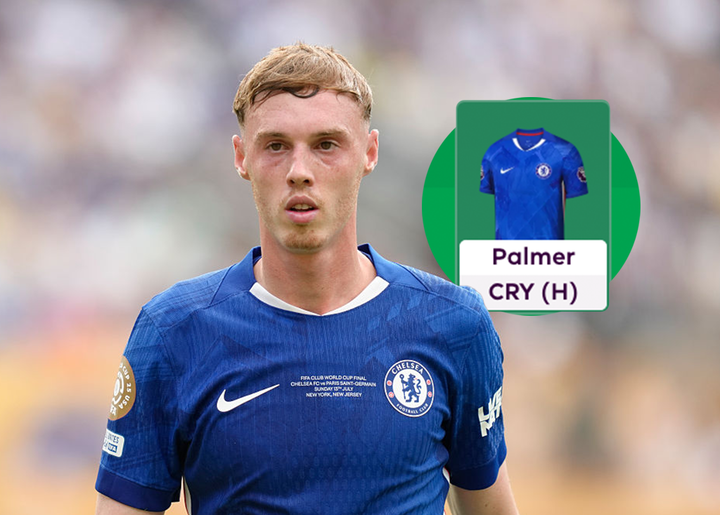
At the start of the season, you're handed a £100 million war chest to spend on your team. This must cover the cost of all 15 players (including subs), so spend it wisely! There are many schools of thought but exclusively targeting the best, most expensive players from the outset will usually result in you draining your budget pretty quickly. You need to balance your team with more cost-effective purchases, those who are likely to score plenty of points, but don't cost the earth. If this is too maths to comprehend, you can also ask the game to 'auto-fill' a team to get you up and running. Even some top players do this, to give them some ideas to begin with. So, give it a spin, if you feel you need to.
Each week, you can make a transfer by selling one of your players and buying a new one. Players have different values based on the likelihood of them earning points, with high-scoring players like Erling Haaland and Cole Palmer some of the more expensive players in their respective positions. A third-choice Brentford goalkeeper, on the other hand, will be cheaper, usually around the £4.0m mark.
Remember, you must replace a player with someone from the same position. Any leftover money from a transfer is saved in your bank for future changes. You might make a transfer if a player is injured, sold to a foreign team, or not playing regularly. However, making transfers is optional.
IMPORTANT: You can make more than one transfer each week if you like to bring in better players, but it will cost you points (four per change) if you make more than one. Be careful with spending sprees.
4. Bonus chips
There are two sets of four bonus chips: Wildcard, Free Hit, Triple Captain and Bench Boost. Beginning this season, you can use each chip twice (once in the first half and once in the second half) during the campaign. These are explained below:
Wildcard: The Wildcard lets you permanently change your entire team without incurring any points deductions. It is best saved for when you are at least a few weeks into the season, and have better idea about who is performing well and who isn't.
Free Hit: A Free Hit is exactly the same as the Wildcard, except your changes will only last one game week. Your team will reset to how it was before once that gameweek ends.
Triple Captain: Triple-captaining is potentially the most lucrative - and as a result, most consequential - chip a manager can play during the season. Activating the triple captain chip on a given week means whichever player is selected as captain will get TRIPLE points that week, instead of double. Get it right and watch the points roll in.
Bench Boost: The Bench Boost chip allows managers to utilise all players in their squad for a single gameweek. Bench players' points don't usually count towards your team's tally unless a member of your starting XI misses the match and is auto-substituted out.
IMPORTANT: Your first set of bonus chips must be played before the Gameweek 19 deadline at 18:30 GMT on Tuesday, 30 December. They do not carry over into the second half of the season.
More Fantasy Premier League stories
You can play Fantasy Premier League online on the Premier League website, or on the Premier League app, which is available on iOS and Android. Still missing something? Here's everything you need to know about FPL, including FourFourTwo's guides on the game. Enjoy!
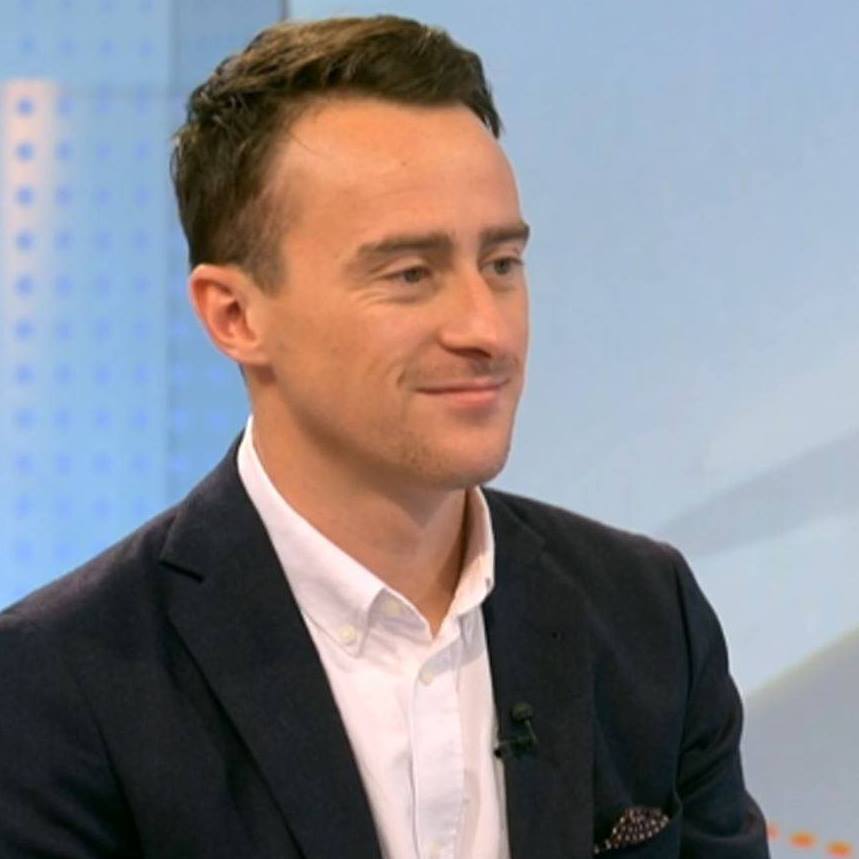
Ed is a staff writer at FourFourTwo, working across the magazine and website. A German speaker, he’s been working as a football reporter in Berlin since 2015, predominantly covering the Bundesliga and Germany's national team. Favourite FFT features include an exclusive interview with Jude Bellingham following the youngster’s move to Borussia Dortmund in 2020, a history of the Berlin Derby since the fall of the Wall and a celebration of Kevin Keegan’s playing career.
- Joe DonnohueSenior Digital Writer
You must confirm your public display name before commenting
Please logout and then login again, you will then be prompted to enter your display name.
